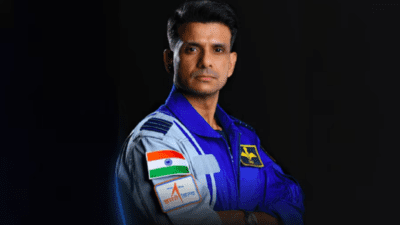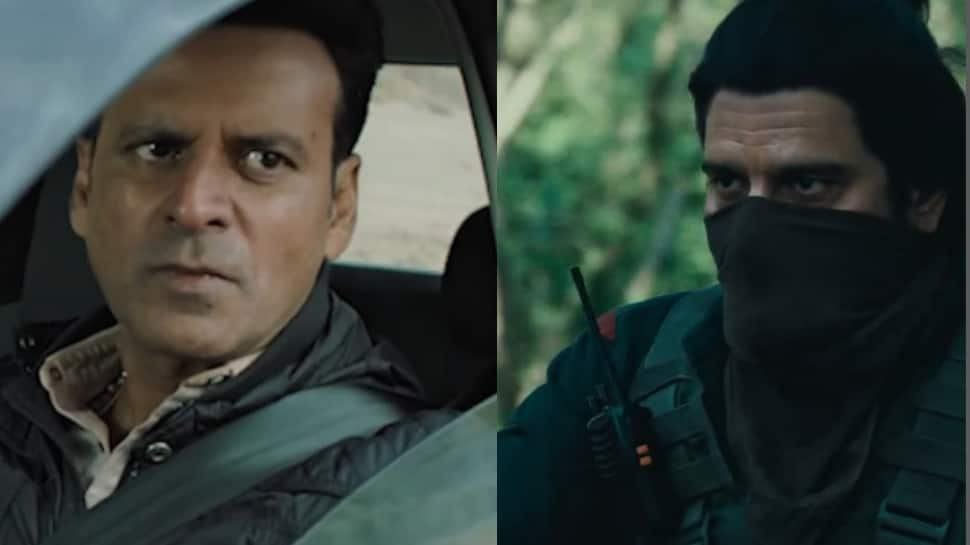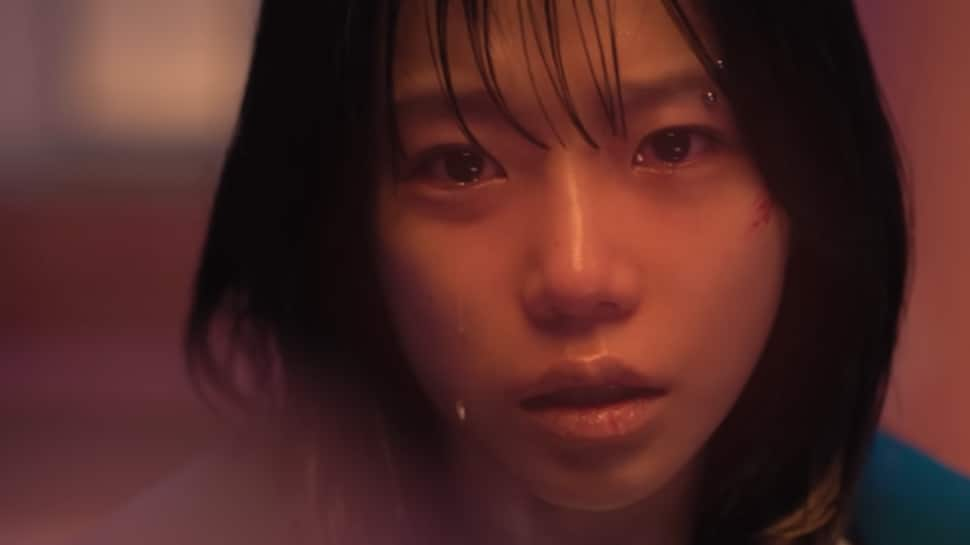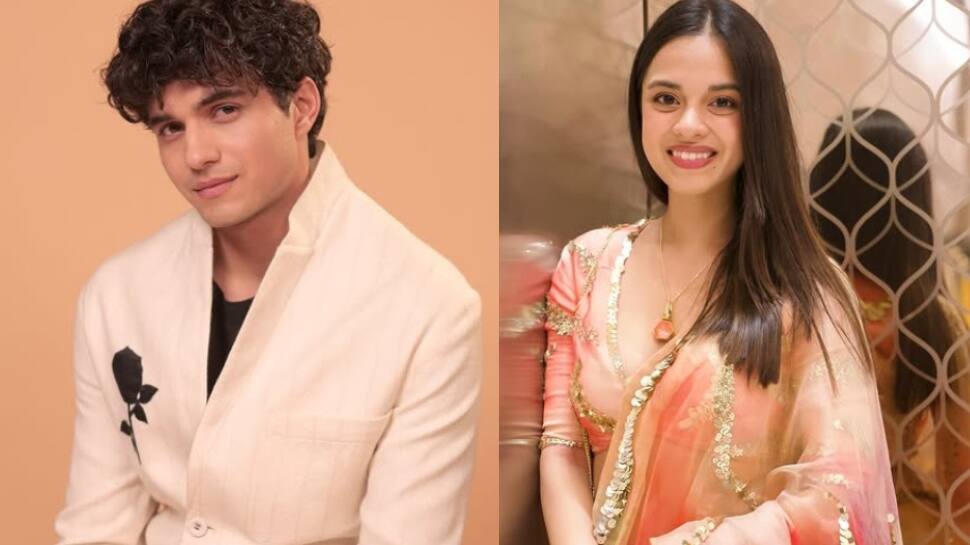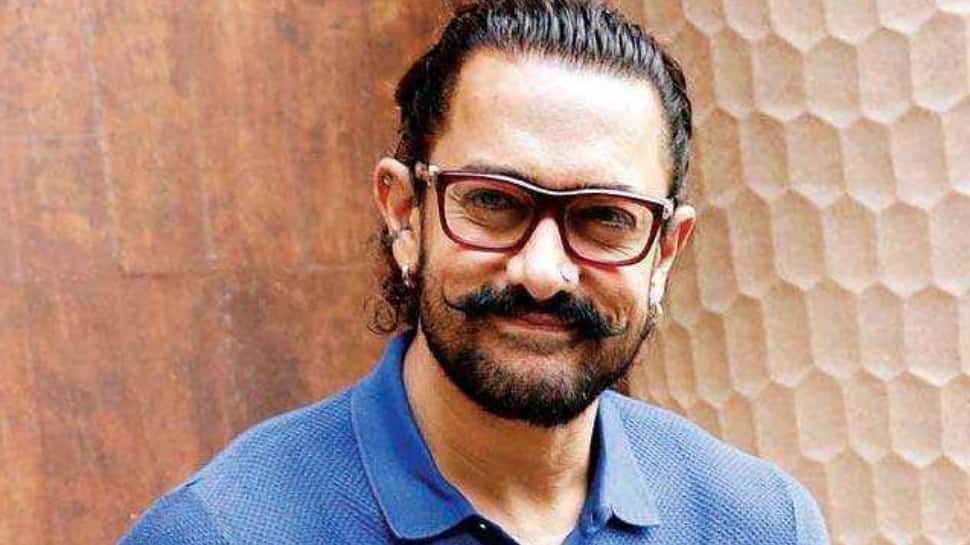The Indian Performing Right Society pushes for stringent copyright and royalty process

Among the ways the Indian music industry has been steadily gaining more vital parts for its ecosystem is a vigilant approach to copyrights and royalties for creators. They could be composers, lyricists/writers, instrumentalists and music publishers, seeking a steady compensation whenever their work is heard or performed anywhere.
Writer, lyricist and member on the board of directors at The Indian Performing Right Society (IPRS) Mayur Puri says, “the focus has always been to make artists (or ‘creators’ as they prefer to use as an umbrella term) aware that there is a revenue model in place even in the age of digital streaming.
IPRS was restructured in 2017 and he calls his first few months (around 2019) a “big learning curve” in terms of understanding copyright law, intellectual property laws and the role of metadata and credits in the Indian music ecosystem.
Mayur says: “When I joined in 2019, we had just over 4,000 members. Today, I have stopped counting, but think we are 18,000-plus, which is the fastest growth in terms of membership drives also.” Creators can become members of IPRS with a one-time application processing fee of ₹1,200 for author, composer and their legal heir and ₹2,200 for a publisher.
On the other side of the stakeholders, IPRS’ chief executive officer Rakesh Nigam, has increased the royalty distribution income from ₹9 crores to ₹170 crores in the financial year 2019 – 2020. He is more of an execution man, and points to Mayur as being the one with ideas.
In addition to the copyright society signing licensing deals, with important players such as YouTube, Meta and Spotify, part of the outreach has been on a more public level — teaming up with Nagaland’s Task Force for Music and Arts (TaFMA), which sent singer-songwriter Abdon Mech to a songwriter camp in Budapest, besides partnering with Serendipity Arts Festival in Goa for a specific IPRS Stage.
Despite the awareness and campaigns, a more systemic change is required to enforce how copyright is kept sacrosanct for creators. In 2012, the right to royalties became inalienable from the creator, and Mayur says that is when things started to shift. That means no entity can force an artiste to sign off their royalties in exchange for a flat fee, although this is still a common work practice today in the music industry. Mayur points out that “compliance”, then, becomes a major issue.

Mayur Puri, writer, lyricist and member on the board of directors at IPRS
| Photo Credit:
Special Arrangement
He, however, adds, “In developed countries, you see there is no resistance now because they have become a part of the system, and they have understood and accepted the system. In India, in the last few years, most of the big stakeholders, have have embraced this system. Any legitimate business house will not dare to question the right to royalty now.”
The challenges certainly remain in a country as vast as India, with a largely unregulated sector for music. “We are getting royalties from people, but not from some broadcast channels or radio,” Mayu adds.
The next step, is to introduce more regulation to ensure an enforcement of copyright laws and the right to royalty, according to IPRS. “The government is now telling all the stakeholders of the music industry to come together and create a single window license, which they are working on. I do not know how practical it is and how well it is going to be,” he says, referring to the practice of music show organisers obtaining a license to play/perform music.
That’s from the organisers. For music consumers, Rakesh says there needs to be a drive to bring people on streaming platforms such as Spotify, JioSaavn and others to pay a subscription fee for the music they have access to. He states that from the millions of active users on these platforms, only about four per cent are paying subscribers. Mayur adds, “Social awareness is required. People in India think music is free, like there is no money required to listen to music again and again. It does not work like that.”
He hopes that artistes get to live a “dignified, honourable” life and need not struggle “for basic things”. “So it is important for people to believe that artistes have to be paid and you cannot just listen to anything for free,” says Mayur.
Published – June 27, 2025 03:13 pm IST

